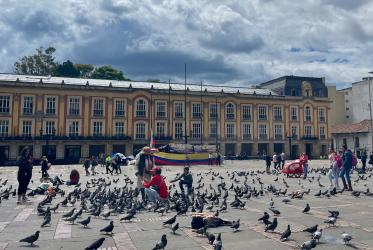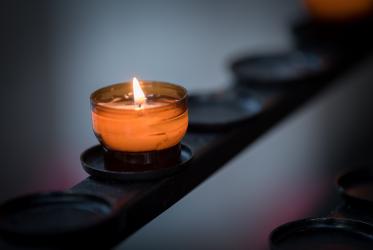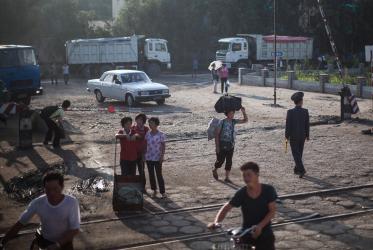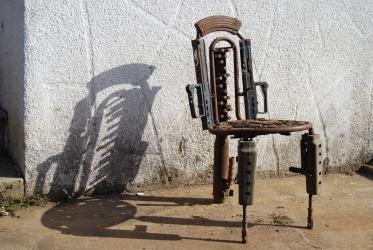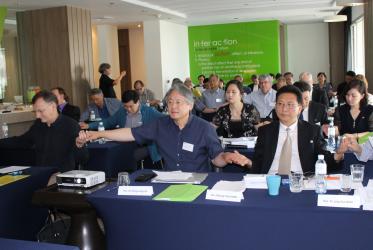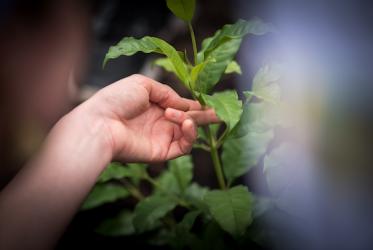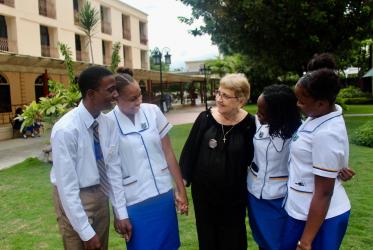Displaying 1 - 20 of 53
Peace and unity on the Korean Peninsula matters globally
25 February 2021
Church of South India eco-ministry featured on UNESCO website
17 February 2020
The cry of the Papuans in Indonesia
14 November 2019
Church in Bali empowers youth to break cycle of poverty
18 March 2019
“If this is the ecumenical movement I want to be in!”
11 October 2018


